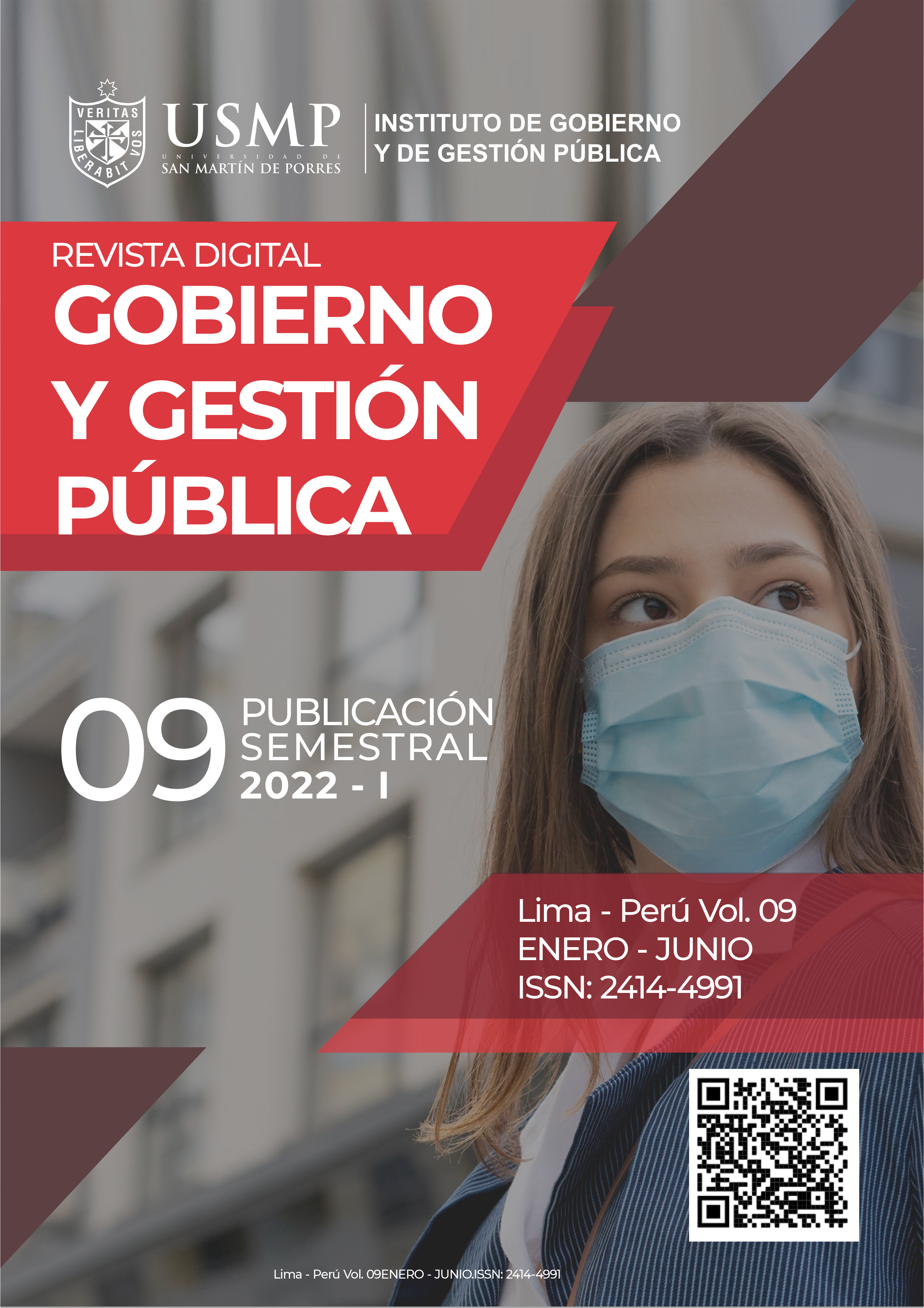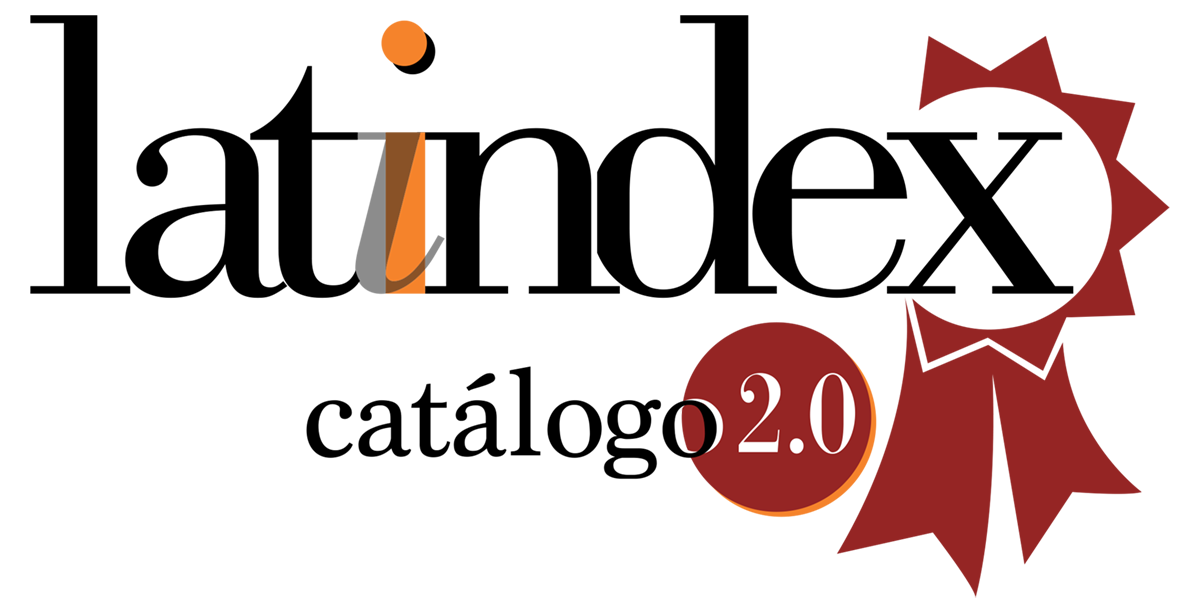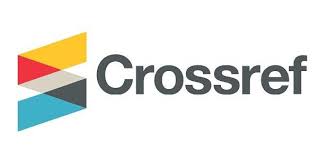GESTIÓN DEL CONOCIMIENTO Y EFECTIVIDAD ORGANIZACIONAL EN MUNICIPALIDADES DE LA PROVINCIA DE SAN MARTÍN, PERÚ
Abstract
La investigación tuvo como propósito determinar la relación entre la gestión del conocimiento (GC) sobre la efectividad organizacional (EO) en el sector público. La muestra estuvo conformada por 220 colaboradores de las municipalidades distritales de Morales, Tarapoto y La Banda de Shilcayo de la región San Martín. Se utilizó dos cuestionarios para recolectar los datos. La validez de los instrumentos se desarrolló mediante juicio de expertos, para lo cual solicitó el análisis de los ítems en cuanto a su claridad, congruencia, contexto y dominio del constructo, por parte de tres expertos; quienes emitieron su valoración sobre la validez de contenido de los cuestionarios. Por otro lado, la confiabilidad de los instrumentos se obtuvo mediante el índice del alfa de Cronbach en una muestra piloto de 15 unidades de estudio. Para la escala de gestión del conocimiento, se obtuvo un alfa de Cronbach de 0,960; mientras que, para la escala de efectividad organizacional, este índice tuvo un valor de 0,924. Se encontró que las variables gestión del conocimiento y efectividad organizacional se encuentran en un nivel de desarrollo frecuente, es decir las entidades han implementado una adecuada gestión del conocimiento, lo cual trae como consecuencia una adecuada efectividad organizacional; siendo respectivamente sus porcentajes de 50% y 64%. Por otro lado, se obtuvo una relación media entre ambas variables (Rho: 0.500 y p-valor: 0.000).Downloads
References
Abdi, K., Mardani, A., Senin, A. A., Tupenaite, L., Naimaviciene, J., Kanapeckiene, L., and Kutut, V. (2018). The effect of knowledge management, organizational culture and organizational learning on innovation in automotive industry. Journal of Business Economics and Management, 19(1), 1–19. https://doi.org/10.3846/jbem.2018.1477
Acharya, S. (2019). Beyond Learning Outcomes: Impact of Organizational Flexibility on Strategic Performance Measures of Commercial E-Learning Providers. Global Journal of Flexible Systems Management, 20(1), 31–41. https://doi.org/10.1007/s40171-018-0199-3
Alimehr, M., Tahmasebi, M. J., Rastak, L., Moradi, A., Naghavi, H., Gahan, R., and Kord, A. (2019). The Relationship between Knowledge Management and Organizational Health among Employees of Health Centers in Ahvaz Jundishapur University. Journal of Research in Medical and Dental Science, 7(2), 137–144. Retrieved from https://cutt.ly/NYlZBxp
Ariza, D. (2017). Efectividad de la gestión de los proyectos: una perspectiva constructivista. Obras y Proyectos, 22, 75–85. https://doi.org/http://dx.doi.org/10.4067/S0718-28132017000200075
Ashraf, G., and Abd, S. bte. (2012). A review on the models of organizational effectiveness: A look at Cameron’s model in higher education. International Education Studies, 5(2), 80–87. https://doi.org/10.5539/ies.v5n2p80
Bandera, C., Keshtkar, F., Bartolacci, M. R., Neerudu, S., and Passerini, K. (2017). Knowledge management and the entrepreneur: Insights from Ikujiro Nonaka’s Dynamic Knowledge Creation model (SECI). International Journal of Innovation Studies, 1(3), 163–174. https://doi.org/10.1016/j.ijis.2017.10.005
Bustinza, O., Vendrell-Herrero, F., Perez-Arostegui, M., and Parry, G. (2019). Technological capabilities, resilience capabilities and organizational effectiveness. International Journal of Human Resource Management, 30(8), 1370–1392. https://doi.org/10.1080/09585192.2016.1216878
Camue, A., Carballal, E., and Toscano, D. F. (2017). Concepciones teóricas sobre la efectividad organizacional y su evaluación en las universidades. Cofin Habana, 11(2), 136–152. https://doi.org/https://doi.org/S2073-60612017000200010
Corrêa, C., Falsarella, O., and Cibele, S. (2016). Gestão do conhecimento : um estudo de modelos e sua relação com a inovação nas organizações. Perspectivas Em Ciência Da Informação, 21(1), 97–118. https://doi.org/https://doi.org/10.1590/1981-5344/2462
Correia, P. M., Mendes, I., and Marques, N. (2018). Gestão Do Conhecimento E Da Inovação. Determinantes Da Competitividade Organizacional – Um Estudo De Caso De Uma Empresa De Consultoria Tecnológica. Revista Estudo & Debate, 25(1), 192–215. https://doi.org/10.22410/issn.1983-036x.v25i1a2018.1611
Fashami, C. S., and Babaei, M. (2017). A Behavioral Maturity Model to Establish Knowledge Management in an Organization. Engineering, Technology & Applied Science Research, 7(3), 1725–1731. https://doi.org/10.48084/etasr.987
Gao, T., Chai, Y., and Liu, Y. (2018). A review of knowledge management about theoretical conception and designing approaches. International Journal of Crowd Science, 2(1), 42–51. https://doi.org/10.1108/ijcs-08-2017-0023
Kataria, A., Rastogi, R., and Garg, P. (2012). Organizational Effectiveness as a Function of Employee Engagement. South Asian Journal of Management, 20(4), 56–73. Retrieved from https://cutt.ly/pYlZ53Q
Khan, Z., and Vorley, T. (2017). Big data text analytics: an enabler of knowledge management. Journal of Knowledge Management, 21(1), 18–34. https://doi.org/10.1108/JKM-06-2015-0238
Koehler, F., Caetano, L., and Rogério, C. (2019). Understand the Dynamic Theory of Organizational Knowledge Creation; roots and future. International Journal for Innovation Education and Research, 7(9), 124–141. https://doi.org/10.31686/ijier.vol7.iss9.1715
Kumar, H. (2017). The Roles of Knowledge Management for the Development of Organizations Human Rights View project Sustainable Devwlopment View project The Roles of Knowledge Management for the Development of Organizations. Article February, 2(2), 1–27. Retrieved from www.jsciachv.com
Marín, D. A., and Cuartas, J. C. (2019). Relationship between innovation and performance: Impact of competitive intensity and the organizational slack. RAE Revista de Administracao de Empresas, 59(2), 95–107. https://doi.org/10.1590/S0034-759020190203
Mauricio, R., Pailaquilén, B., and Medina, E. (2019). Artículo Teórico. Revista San Gregorio, 35(4), 198–207. https://doi.org/http://dx.doi.org/10.36097/rsan.v1i35.1109
Passaillaigue, R., and Estrada, V. (2016). La gestión del conocimiento y el aprendizaje organizacional en instituciones de educación superior. GECONTEC: Revista Internacional de Gestión Del Conocimiento y La Tecnología, 4(2), 35–45. Retrieved from https://cutt.ly/WYlXpRk
Rehman, S., Mohamed, R., and Ayoup, H. (2019). The mediating role of organizational capabilities between organizational performance and its determinants. Journal of Global Entrepreneurship Research, 9(1). https://doi.org/10.1186/s40497-019-0155-5
Roza, R. H. (2020). Revisitando a Teoria da Criação do Conhecimento Organizacional. Revista Interamericana de Bibliotecología, 43(3), eRv2. https://doi.org/10.17533/udea.rib.v43n3erv2
Saad, G. Ben, Altheeb, S. Al, and Abbas, M. (2020). Knowledge Management Practices and Transformational Leadership Traits: Predicting Process Innovation in FMCG Industry. Propósitos y Representaciones, 8(SPE2). https://doi.org/10.20511/pyr2020.v8nspe2.662
Tang, H. (2017). A study of the effect of knowledge management on organizational culture and organizational effectiveness in medicine and health sciences. Eurasia Journal of Mathematics, Science and Technology Education, 13(6), 1831–1845. https://doi.org/10.12973/eurasia.2017.00700a
Velásquez, I. C. (2018). Gestión del conocimiento y la efectividad organizacional en el centro de operaciones Lima de la Empresa Ecocentury S.A.C Chorrillos - 2018. Retrieved from http://repositorio.autonoma.edu.pe/handle/AUTONOMA/684
Victer, R. S. (2020). Connectivity knowledge and the degree of structural formalization: a contribution to a contingency theory of organizational capability. Journal of Organization Design, 9(1). https://doi.org/10.1186/s41469-020-0068-3
Xavier, L. A. O. P., Oliveira, M., and Teixeira, E. K. (2012). Teorias utilizadas nas investigações sobre gestão do conhecimento. RISTI - Revista Iberica de Sistemas e Tecnologias de Informacao, 12(10), 1–17. https://doi.org/10.4304/risti.10.1-18
Zelenkov, Y. (2018). The impact of knowledge management and change readiness on the effectiveness of Russian private and state-owned organizations. Communications in Computer and Information Science, 877(4), 251–262. https://doi.org/10.1007/978-3-319-95204-8_22
Zeña, C. N., and Arévalo, J. A. (2016). Modelo de gestión del conocimiento para mejorar la calidad de investigación científica en universidades del Perú. UCV-HACER: Revista de Investigación y Cultura, 5(2), 76–83. https://doi.org/https://doi.org/6090815
Zidane, Y. J. T., and Olsson, N. O. E. (2017). Defining project efficiency, effectiveness and efficacy. International Journal of Managing Projects in Business, 10(3), 621–641. https://doi.org/10.1108/IJMPB-10-2016-0085















